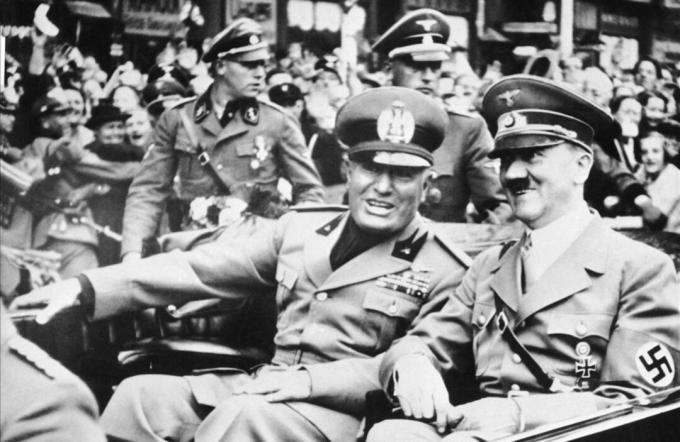Social inequality is the imbalance in living conditions among the citizens of a country. It is basically defined by two characteristics: economic differences and differences in access to...
Liberal state (or liberal rule of law) is a model of government based on liberalism developed during the Enlightenment, between the 17th and 18th centuries. Liberalism opposed the controlling government and...
Public Health is the set of measures carried out by the State to ensure the physical, mental and social well-being of the population. At the international level, public health is coordinated by the Organization...
Federalism is a form of State organization in which there is a government that exercises the functions of a centralizing State. But, while there is a central power, there is a division of power between the...
Social movement is the expression of the organization of civil society, formed by collective actions where individuals aim to achieve social change through political debate within a...
The Universal Declaration of Human Rights (UDHR) is a document created to establish measures that guarantee basic rights for a decent life. The purpose of the Declaration is that human rights...
Direct democracy is a form of democratic government where the population has the right to directly participate in decision-making. However, this is a viable model for small companies, where...
Diplomacy is the civilized and peaceful action of relating to different groups, nations or societies. It represents a typical instrument of countries' foreign policy, which focuses on maintaining...
Semi-presidentialism is a type of government system that mixes characteristics of presidentialism and parliamentarism. In this system, the president divides the obligations of the public administration...
Geopolitics is a field of study in Geography that seeks to interpret current facts and the development of countries, through the relationships and strategies between political power and geographic spaces...
Poverty is the condition of those who are poor, that is, those who do not have the basic conditions to guarantee their survival with quality of life and dignity. Poverty also usually refers to social class...
Social security consists of a set of actions and social policies that aim to promote the establishment of a more egalitarian and just society, helping citizens and their families in determined...
Gender identity is how the individual identifies with her gender. In short, it represents how a person recognizes himself: male, female, both or neither gender. What determines the...
Keynesianism is an economic theory that opposes Liberalism, as it defends the intervention of the State in the control of the national economy, in order to make the country reach full employment. This doctrine...
Social inclusion is the set of actions that guarantee the equal participation of everyone in society, regardless of social class, physical condition, education, gender, orientation...


